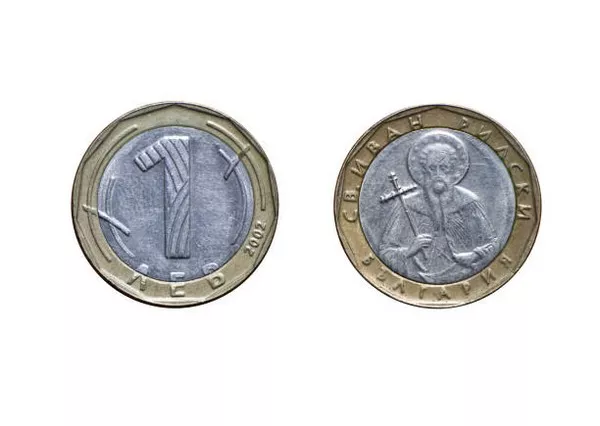As an increasingly popular destination for tourists seeking a blend of rich history, picturesque landscapes, and vibrant culture, Bulgaria presents a unique set of considerations when it comes to currency usage. Understanding the intricacies of the local currency landscape is crucial for travelers to make informed choices and optimize their financial transactions. In this article, we explore the primary currencies used in Bulgaria, their advantages and drawbacks, and offer guidance on how to make the most prudent decisions during your visit.
The Official Currency: Bulgarian Lev (BGN)
The official currency of Bulgaria is the Bulgarian Lev (BGN), abbreviated as лв. The lev has been the country’s legal tender since 1881 and plays a central role in everyday transactions. The currency is issued and regulated by the Bulgarian National Bank, ensuring stability and reliability for both residents and visitors.
Advantages of Using Bulgarian Lev (BGN)
Widespread Acceptance: The Bulgarian Lev is universally accepted across the country, from major cities to rural areas. Whether you’re exploring the historic streets of Sofia or meandering through the charming villages of the Rhodope Mountains, you can confidently rely on the lev for all your transactions.
Avoiding Exchange Rate Fluctuations: Using the local currency minimizes the impact of exchange rate fluctuations. This is especially important for budget-conscious travelers, as it allows for more accurate financial planning and reduces the risk of unexpected expenses.
ATM Accessibility: ATMs dispensing Bulgarian Lev are widely available in urban centers and tourist destinations. This accessibility ensures that you can withdraw cash as needed, offering convenience and flexibility during your travels.
Considerations for Using Foreign Currencies
While the Bulgarian Lev is the primary currency, some establishments in tourist-heavy areas may accept payments in euros or US dollars. However, relying solely on foreign currencies comes with its own set of considerations.
Exchange Rates: When paying in euros or dollars, businesses may apply their own exchange rates, often less favorable than those offered by banks or official currency exchange offices. This can result in higher costs for goods and services.
Limited Acceptance: Outside tourist hubs, the acceptance of foreign currencies diminishes. In remote areas or smaller towns, businesses may only transact in Bulgarian Lev. To avoid inconvenience, it’s advisable to carry local currency for all transactions.
Change in Local Currency: If you pay with a foreign currency, the change you receive is likely to be in Bulgarian Lev. This can lead to additional fees if the establishment uses an unfavorable exchange rate for the conversion.
Tips for Currency Exchange
For those who prefer to exchange their currency upon arrival or at designated exchange offices, several tips can enhance the experience and minimize potential issues:
Choose Official Exchange Offices: Opt for reputable exchange offices or banks to ensure fair rates and avoid scams. These establishments are regulated and provide a level of security for currency exchange transactions.
Compare Rates: Before exchanging currency, compare rates offered by different institutions. This can be done online or by checking the rates displayed at physical exchange offices. Choosing the best rate will maximize the value of your exchanged currency.
Avoid Airport Exchanges: While convenient, currency exchange services at airports typically offer less favorable rates compared to those in city centers. Whenever possible, exchange currency at a reliable location away from the airport to get a better deal.
Conclusion
In conclusion, when deciding on the currency to use in Bulgaria, opting for the official currency, the Bulgarian Lev, is the most practical and cost-effective choice. The lev provides stability, widespread acceptance, and accessibility through ATMs, ensuring a seamless and efficient financial experience during your travels.
While some establishments may accept euros or US dollars, relying on foreign currencies can lead to less favorable exchange rates and limited acceptance, particularly in more remote areas. By understanding the advantages and considerations associated with different currency choices, travelers can make informed decisions that enhance their overall experience in this captivating Eastern European destination. Whether strolling through historic sites or indulging in the natural beauty of Bulgaria, having the right currency in your pocket ensures you can fully enjoy all the country has to offer.


